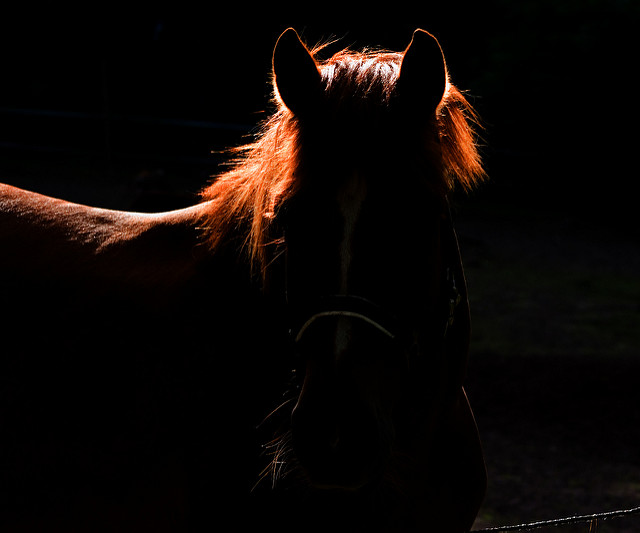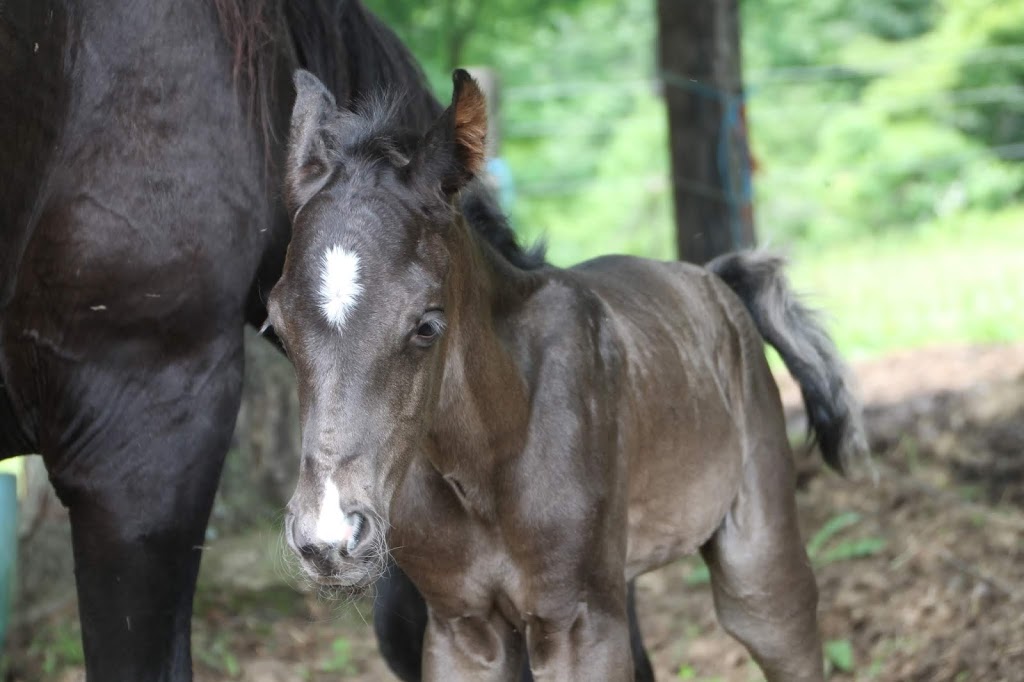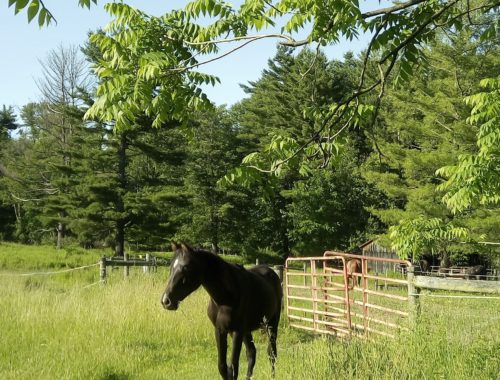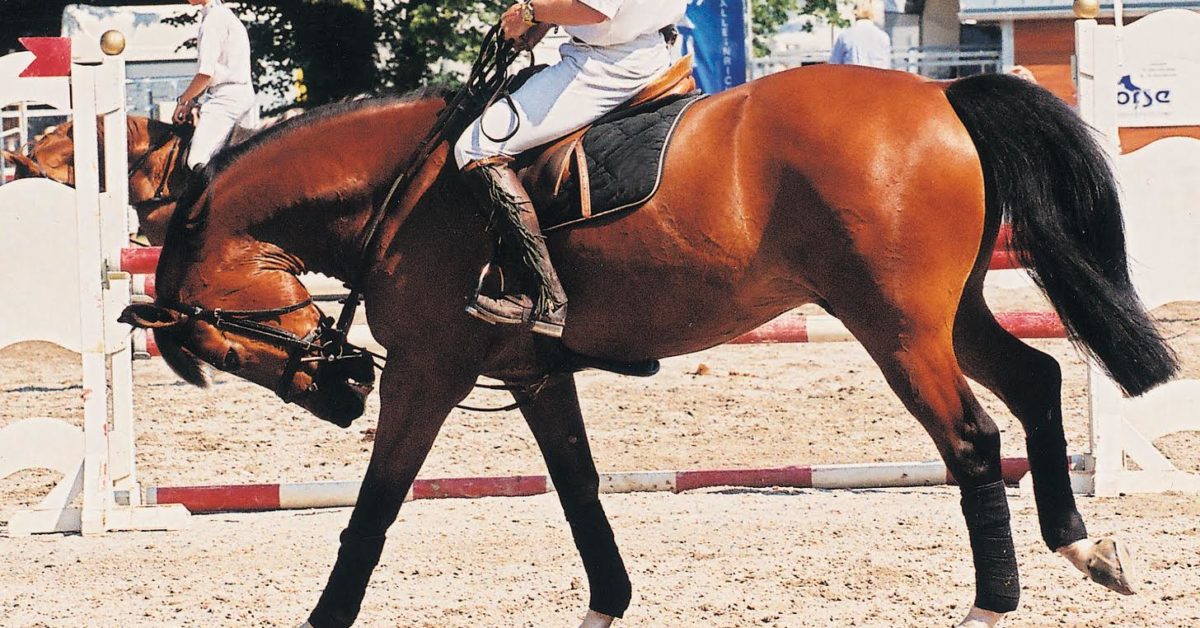
Owning a Horse Is Expensive AF, New Study Reveals
Truly laughing as I read this, and type my commentary.
Yes, horses can indeed be expensive.
Yes, they tend to be like potato chips and stopping at 1 is a challenge. For my own herd, it started as 1. Who then needed a buddy, so 2. But then number 2 was alone when I rode 1, so along came number 3. And then I got married. Hubby wanted to ride. Along came number 4, to keep 3 company while we rode 1 and 2. (There are currently 11.)
The good news is, that even with these study results and the tendency for herds to “grow”, there are ways to save money. Please check out my blog posts on barefoot trimming, pastures, and wellness. For example:
- Invest in wellness. Prevention is typically less expensive than correction.
- And in spite of the study results, most horses actually can thrive with a simple shed and corral and attached pasture.
- Go barefoot if you can, and save even more.
- If you learn to touch up your horse’s hooves between trims, that brings even more savings.
- Simplify your feeding program. Focus on good quality hay, and invest in good supplements. Grain and commercial feed mixes are not necessary for most pleasure horses on pasture.
– – – – – – – – – – – – – – – – – –
In a recent groundbreaking study conducted by the National Institute for Equine Studies, researchers were shocked by the discovery that owning a horse is, in one scientist’s words, “expensive AF.”
Dr. Dre Sage, chief scientist at the organization, talked to reporters outside the Institute headquarters in Albuquerque, NM on Tuesday after the release of the findings. Explaining that the goal of the study was to determine “if owning a horse was just kind of expensive or like, really really expensive,” Dr. Sage reported that he was pleased with the study, in spite of his surprise at the outcome.
“We knew going in that horses could be kind of pricey, but I don’t think anyone expected the kind of results we found. No question, it takes a sh*t ton of money to own a horse,” explained the doctor.
Asked whether the study offered insight into what part of horse ownership was most expensive, Dr. Sage said the financial pain points were “broad and multifaceted,” but that “future testing is necessary to determine exactly which one pushes it from high priced hobby into full-fledged money pit.”
“It’s definitely not buying the horse,” he stated. “That turned out to be the cheapest part. We got a bunch super cheap off Craigslist actually. It might be the medical care. Or the food. Horses eat non-stop, it’s incredible really.”
As Dr. Sage spoke, reporters noted a large hay truck arriving at the facility.
“See?” he said, pointing to the truck. “I’m on a first name basis with the hay guy.”
Reporters were given a brief tour of the facility, which boasts two rows of stalls, tack and feed rooms, multiple pastures and both indoor and outdoor riding rings in which a handful of riders could be seen training horses.
“We thought we could get away with a few run-in sheds for the study, but then we realized we needed some place to store all the feed and lay up injured horses, which led to the construction of the barn. Then we kept tripping over the equipment in the aisles, so we added the tack room. We just kept adding on. Next thing you know we had a full working equestrian facility,” said Dr. Sage. “The power bill alone is ridiculous.”
The facility is currently home to an undisclosed, but growing number of horses. Assistant researcher Dr. Evan Ting-Alrite explained, “At first there were only ten, but then Kevin [the Institute’s resident “working student”] saw a really cute Mini for sale on Facebook that he just had to have.”
“Buttercup,” another recent addition to the facility, arrived soon after, added Dr. Sage.
“Oh yeah, someone’s cousin had a horse to give away for free so we took her in as well,” continued Dr. Ting-Alright. “Turns out, old Buttercup has been the most expensive of them all. We’ve already had the vet out four times because she keeps hurting herself on God knows what out there.”
Dr. Ting-Alrite estimates that there are now between 15 and 20 horses at the Institute, although after Buttercup “everyone just kind of stopped counting.”
One reporter questioned whether the team had done any preliminary research prior to conducting the study.
“Oh, sure,” Dr. Ting-Alrite replied. “We Googled ‘Are horses expensive’ and ‘Horses cost money??’ Every page just said some version of ‘Hell, yes,’ but there was no actual quantitative evidence to back up that statement, until now.”
Plans for future studies are already underway at the newly built facility.
“Well, next we’d obviously like to figure out where the hell all our money is going exactly,” stated Dr. Sage. “And after that we’ve got a series of exciting tests planned to figure out if the size of a pony directly relates to how much attitude it has. Beyond that, there’s talk of determining the exact probability that a horse will pull a shoe the day before a show.”
“If we use Snowflake, it’ll be 100%!” one researcher piped in from the crowd, eliciting a chuckle from Dr. Sage.
The more pressing question may be whether the Institute’s doors will remain open at all. Asked to comment on a recent news report that alleges the facility is suffering from financial difficulties and is merely “an ill-conceived front for a horse-crazed doctor hell bent on owning a private stable,” Dr. Sage, sporting a pair of custom Parlanti tall boots, denied any knowledge of problems, commenting that funding was in place to keep the research running for a very long time.
“And if it gets too bad, we could always take on a few boarders. I hear that’s a pretty easy way to make money,” Dr. Sage suggested before abruptly ending the Q&A session.
“Thank you. No further questions.”
 About the Author
About the AuthorWhen Aubrey Moore isn’t riding her horse Flynn, new pony or doing near-constant maintenance on her truck, she can be found with a glass of wine in hand, chatting happily with her cat Frankie.
- https://horsenetwork.com/2018/08/owning-horse-expensive-af-new-study-reveals/
- On – 03 Aug, 2018 By Aubrey Moore
You May Also Like

Day 1: Nasr the baby Arabian horse
June 9, 2018
Densensitization, Training & Trust
July 23, 2019
